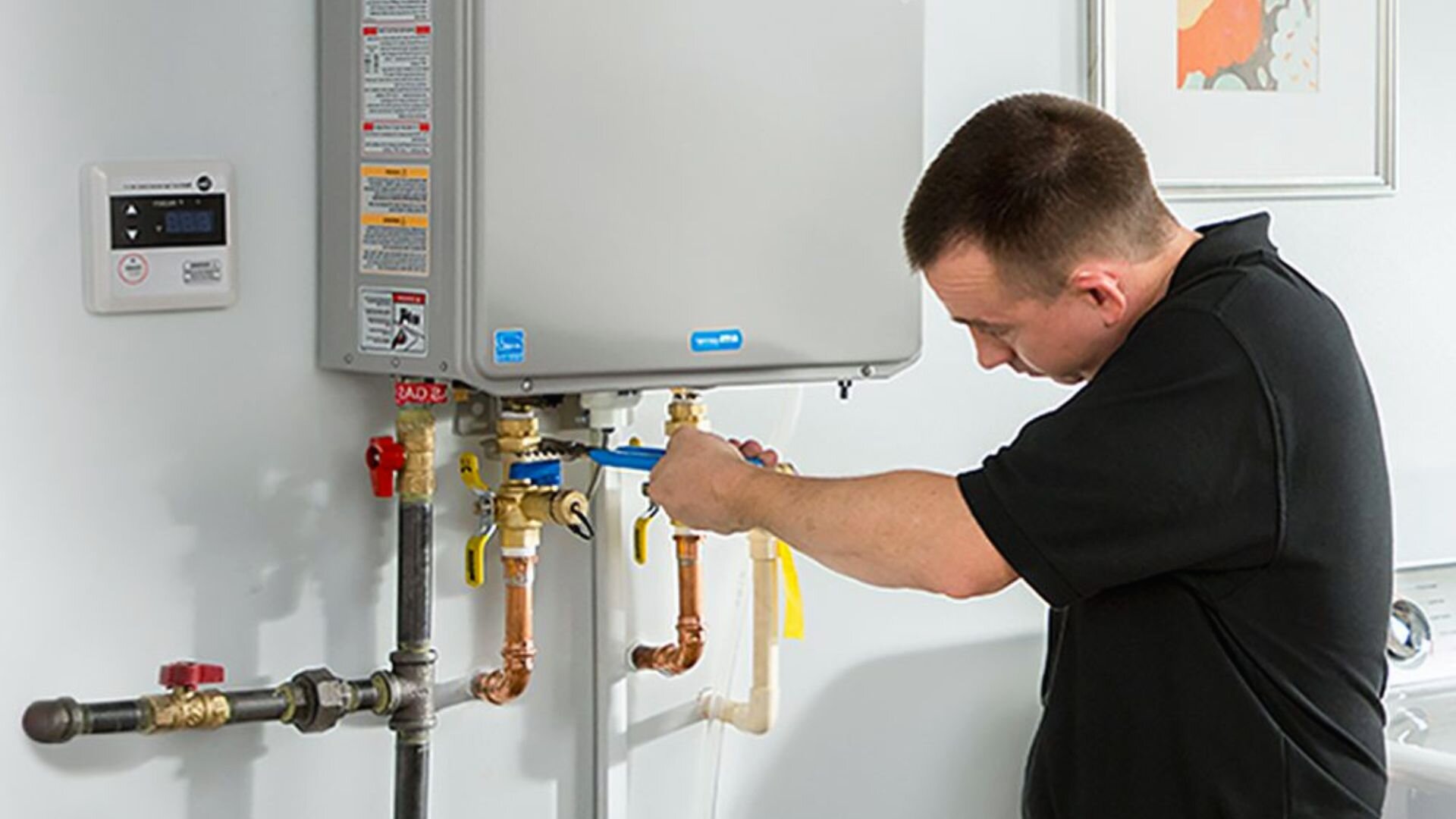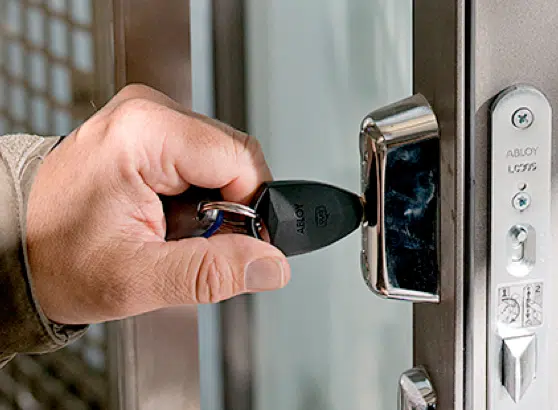How to Make Informed Choices When Installing A Gas Water Heater

Key Takeaways
- Proper gas water heater installation increases efficiency, safety, and appliance lifespan.
- Understanding fuel types, energy ratings, and home requirements is essential for smart installation decisions.
- Many safety codes and regulations affect installation; always consult experts.
- Routine maintenance saves money and prevents major breakdowns.
- Environmental and energy efficiency improvements drive innovations in gas water heater technology.
Table of Contents
- Why Consider Gas Water Heaters?
- Key Factors in Gas Water Heater Installation
- Fuel Types and Energy Considerations
- Installation Steps and Requirements
- Safety Tips and Codes
- Common Mistakes to Avoid
- Improving Efficiency and Saving on Costs
- Maintenance and Long-Term Care
- Latest Trends in Water Heater Technology
Why Consider Gas Water Heaters?
Selecting the right gas water heater is one of the most critical decisions for homeowners looking to combine comfort, cost savings, and reliability. Gas water heaters are prized for their rapid water heating capabilities, ability to function during power outages, and lower long-term operational costs. As energy expenses continue to constitute a significant portion of household budgets, making an informed decision ensures you get optimal performance for everyday routines. For professional insight and a seamless experience, consider consulting trusted experts in South Jordan gas water heater installation to match you with the right system and complete installation safely.
Beyond the basic necessity of hot water, gas models have become increasingly attractive due to recent advancements in efficiency and sustainability. According to data from the U.S. Department of Energy, water heating can represent around 20% of total energy usage in U.S. homes. Investing in an efficient gas water heater and proper installation can translate directly to ongoing savings and fewer unexpected breakdowns.
Key Factors in Gas Water Heater Installation
Identifying the most suitable gas water heater for your home requires carefully assessing several variables. First, determine your household’s hot water demand consider the number of bathrooms, simultaneous appliance usage, and occupancy patterns. Factor in available installation space, preferred fuel type, desired tank size, and unique features, such as smart controls or enhanced safety mechanisms. Fitting your home with an appropriately sized unit ensures you never run short of hot water, yet don’t waste money on unnecessary capacity. Working with a professional ensures all local regulations are met for those unfamiliar with plumbing and gas codes, which is essential for both performance and safety.
Installation costs are often influenced by the unit’s complexity, modifications needed for venting or gas supply, and upgrades required by local code authorities. Especially in older homes, you may need to update connections or improve ventilation. Obtaining several written estimates and clarifying what each quote covers is a sensible way to avoid surprises and secure the best value for your investment.
Fuel Types and Energy Considerations
The primary fuel options for gas water heaters are natural gas and propane. Your decision will likely hinge on what’s available in your area and local fuel prices. Natural gas is a common choice in urban settings due to extensive utility networks, whereas propane may be preferable in rural or off-grid environments. Regardless of fuel, look for systems rated by Energy Star or an equivalent third party these models are optimized for reduced fuel consumption and emissions, saving money and benefitting the environment. For a comprehensive understanding of energy-efficient options, the Consumer Reports water heater buying guide offers valuable insights.
Installation Steps and Requirements
- Turn off and disconnect the old system. Properly shut off the gas supply and allow the unit to cool, then carefully drain water lines and disconnect from all utilities.
- Inspect and prepare existing venting and gas supply lines. Upgrades may be necessary if local codes require it or the new model has different venting needs.
- Position the new heater. Place the heater according to the manufacturer’s recommendations, ensuring adequate clearance and alignment for venting and service access.
- Connect the new system to gas and water lines. Ensure all joints and seals are secure to prevent leaks.
- Test operation and inspect for leaks. Before use, check all connections and use a gas leak detector for added assurance. Restore power if needed, and confirm the system is heating water as expected.
Many homeowners find hiring a licensed plumber or HVAC technician is the best way to guarantee safe and code-compliant installation. Incorrect installation can have serious legal and safety consequences, so always err on the side of expertise.
Safety Tips and Codes
Gas water heater installation can expose your home to significant risks, notably gas leaks and carbon monoxide poisoning. Always prioritize proper ventilation and never overlook local code requirements. Installing carbon monoxide detectors near the heater and sleeping areas provides an extra layer of safety. Frequent self-checks and regular inspections from licensed professionals can help identify issues before they become emergencies. Review the CDC’s carbon monoxide safety guidelines for further information on carbon monoxide safety.
Common Mistakes to Avoid
Typical errors during gas water heater installation include using the wrong vent pipe size, locating the heater in cramped, poorly ventilated areas, and failing to test for leaks before use adequately. Another frequent mistake is insufficient combustion air, which can hinder performance and increase carbon monoxide risk. Additionally, skipping permit requirements or using improper tools can create hazards. Each step should be performed precisely to prevent costly repairs, property damage, or health dangers.
Improving Efficiency and Saving on Costs
Boosting efficiency and lowering costs are possible even after installation. Adjust your water heater’s thermostat to 120°F for a good balance between comfort and energy savings. Insulate the heater’s accessible hot water pipes to reduce heat loss, and periodically flush the tank to prevent sediment buildup, impairing efficiency over time. Research available rebates and tax incentives for high-efficiency models, as these can provide a substantial return on investment.
Maintenance and Long-Term Care
Routine maintenance assures reliable performance from your gas water heater. Inspect the pressure relief valve annually, examine vent pipes for corrosion or blockages, and replace or clean filters when necessary. Many homeowners schedule a yearly inspection by professionals to spot any developing issues. Staying on top of maintenance reduces the risk of sudden failures and extends the overall lifespan of your water heater.
Latest Trends in Water Heater Technology
Innovations in water heater technology continue to provide better safety, efficiency, and convenience. Modern gas units feature more intelligent controls, mobile app integration, advanced insulation, and reliable power venting systems. These innovations enhance the user experience and support broader environmental goals. To keep up with cutting-edge improvements, explore this overview of next-generation water heater technology from CNBC for a glimpse into the future of home water heating.
Making thoughtful choices ensures safety, efficiency, and long-term value. Homeowners can avoid costly mistakes by weighing energy needs, comparing available models, and consulting trusted professionals. A careful approach provides peace of mind, reliable performance, and the confidence that the right system supports comfort and future savings.





